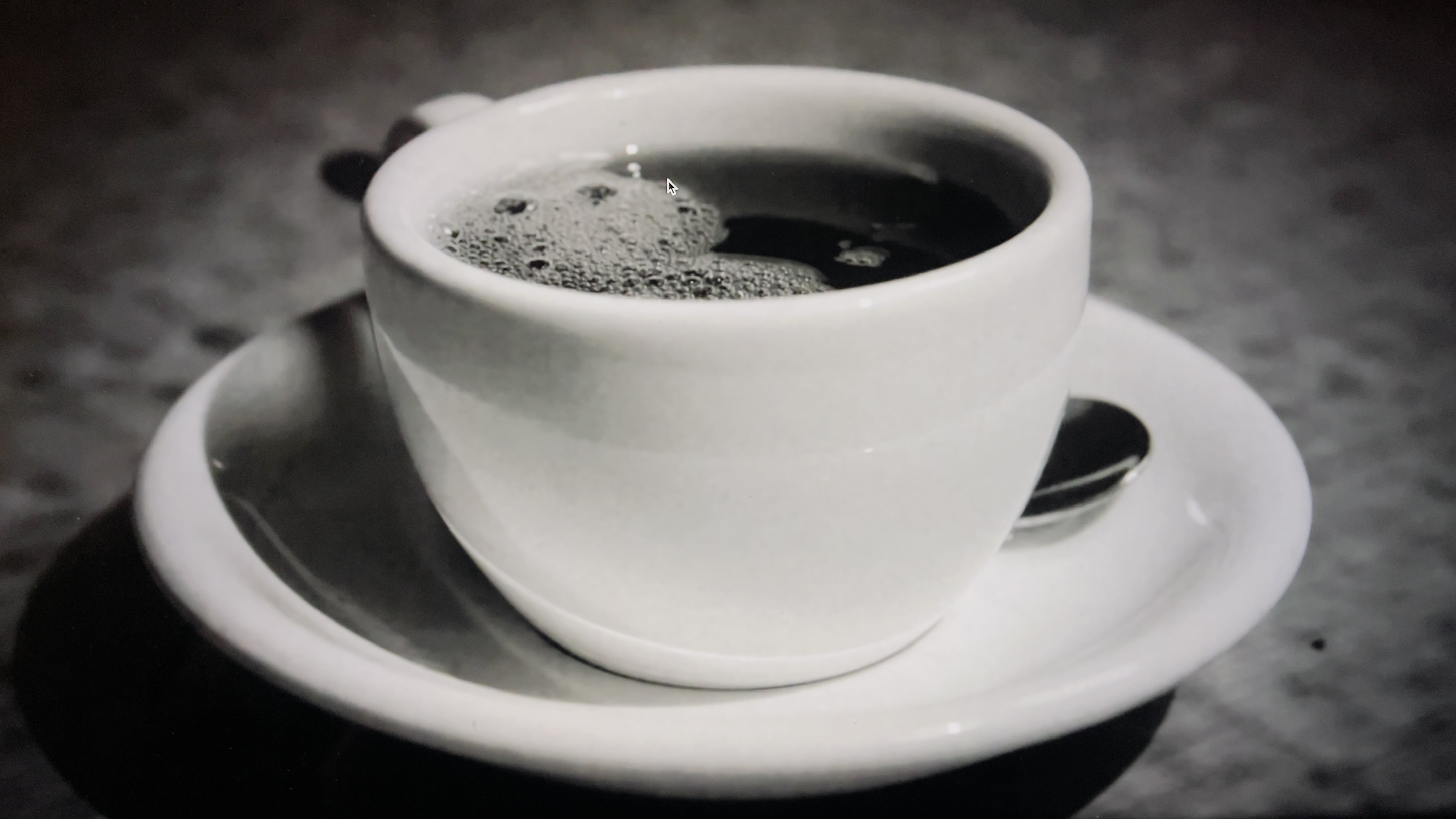
Detective: Don’t you ever wonder about anything?
Jack: The wonder was in my heart. But you wouldn’t understand something like that.
— David Lynch, What Did Jack Do?

Detective: Don’t you ever wonder about anything?
Jack: The wonder was in my heart. But you wouldn’t understand something like that.
— David Lynch, What Did Jack Do?
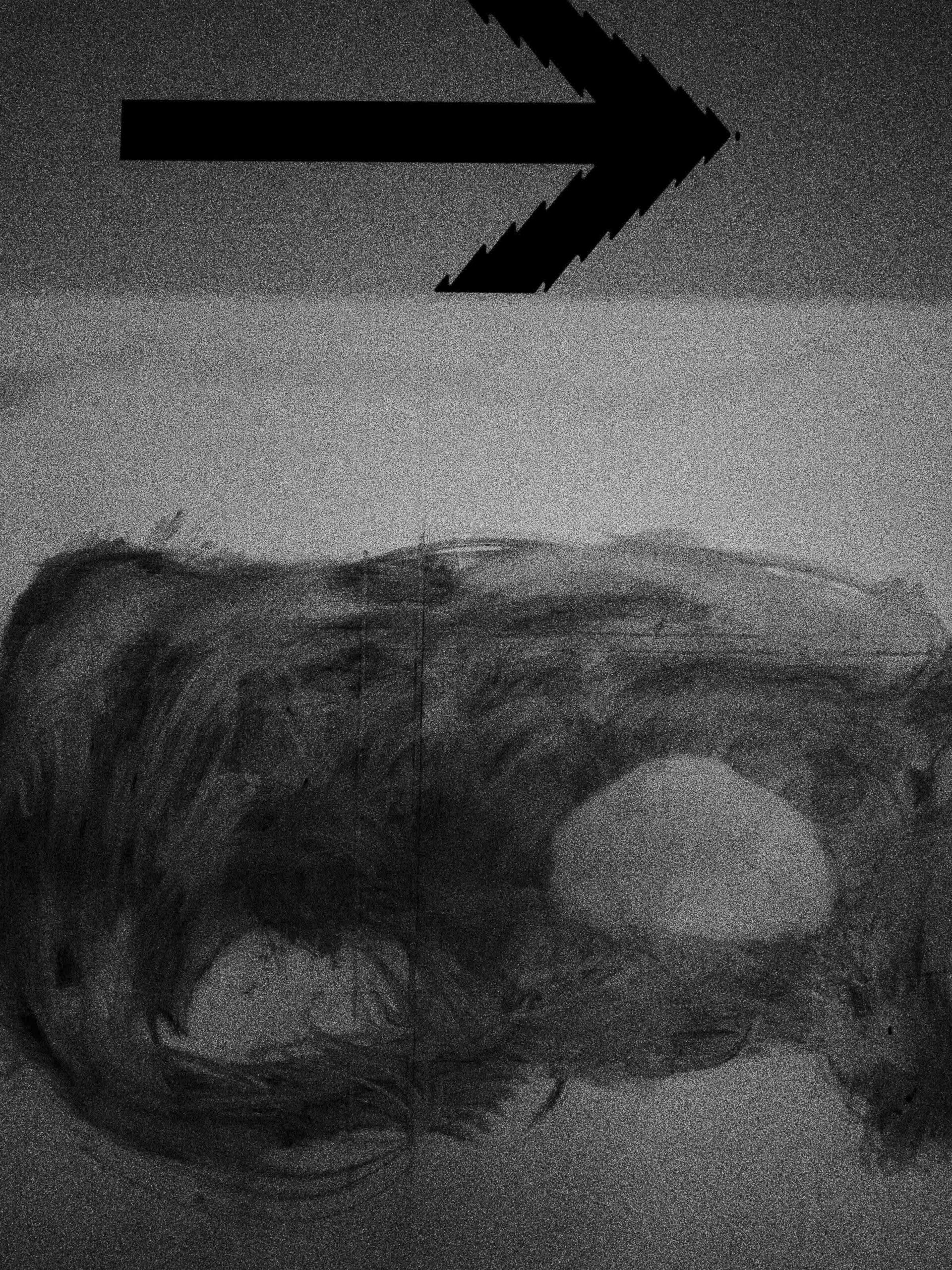
To Nobodaddy
Why art thou silent & invisible
Father of jealousy
Why dost thou hide thyself in clouds
From every searching EyeWhy darkness & obscurity
In all thy words & laws
That none dare eat the fruit but from
The wily serpents jaws
Or is it because Secresy
gains females loud applause
— William Blake
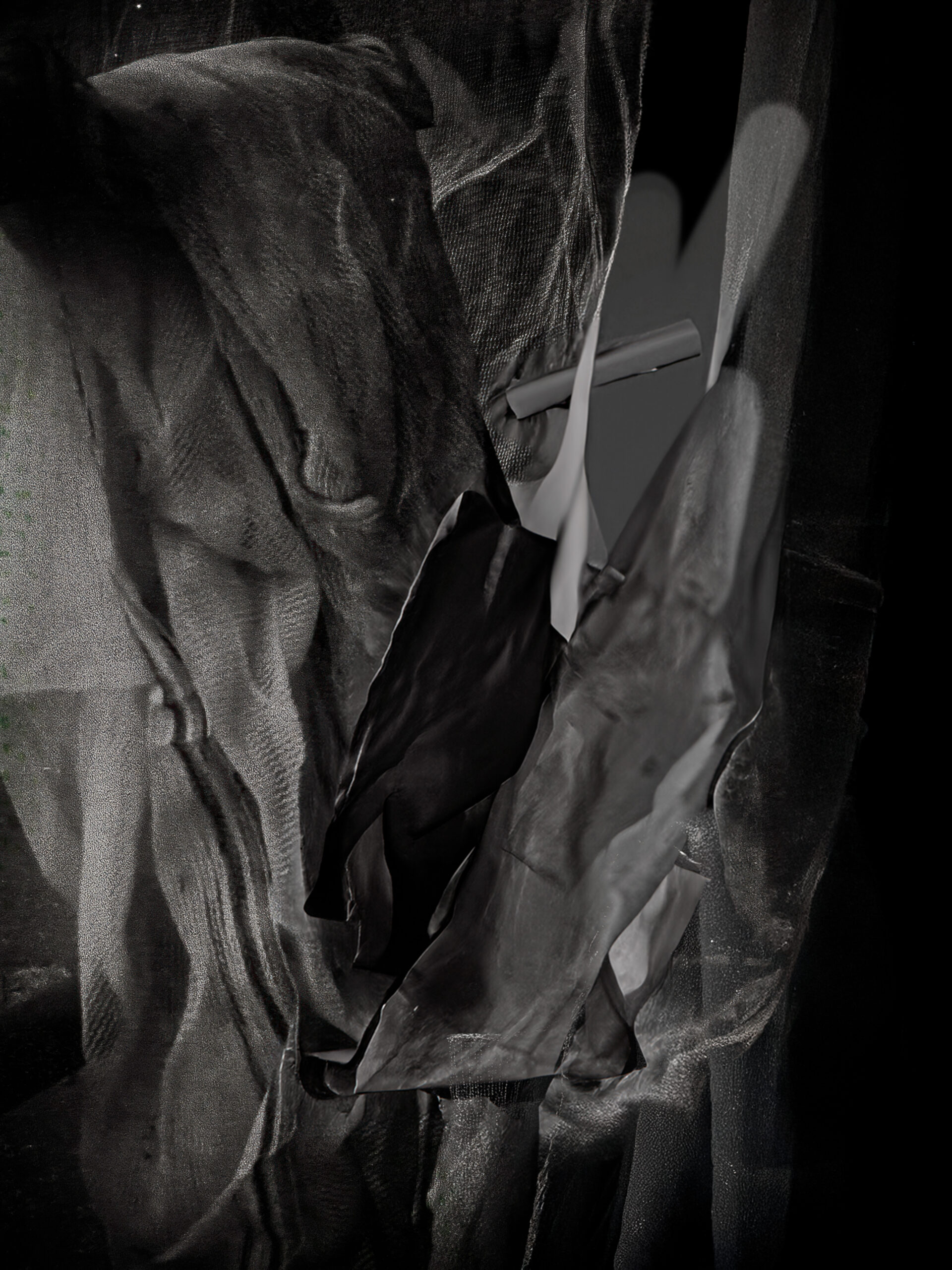
“Open the so-called body and spread out all its surfaces: not only the skin with each of its folds, wrinkles, scars, with its great velvety planes, and contiguous to that, the scalp and its mane of hair, the tender pubic fur, nipples, nails, hard transparent skin under the heel, the light frills of the eyelids, set with lashes – but open and spread, expose the labia majora, so also the labia minora with their blue network bathed in mucus, dilate the diaphragm of the anal sphincter, longitudinally cut and flatten out the black conduit of the rectum, then the colon, then the caecum, now a ribbon with its surface all striated and polluted with shit ; as though your dress maker’ s scissors were opening the leg of an old pair of trousers, go on, expose the small intestines’ alleged interior, the jejunum, the ileum, the duodenum, or else, at the other end, undo the mouth at its corners, pull out the tongue at its most distant roots and split it, spread out the bats’ wings of the palate and its damp basements, open the trachea and make it the skeleton of a boat under construction; armed with scalpels and tweezers, dismantle and lay out the bundles and bodies of the encephalon; and then the whole network of veins and arteries, intact, on an immense mattress, and then the lymphatic network, and the fine bony pieces of the wrist, the ankle, take them apart and put them end to end with all the layers of nerve tissue which surround the aqueous humours and the cavernous body of the penis, and extract the great muscles, the great dorsal nets, spread them out like smooth sleeping dolphins. Work as the sun does when you’re sunbathing or taking grass.”
― Jean-François Lyotard, Libidinal Economy
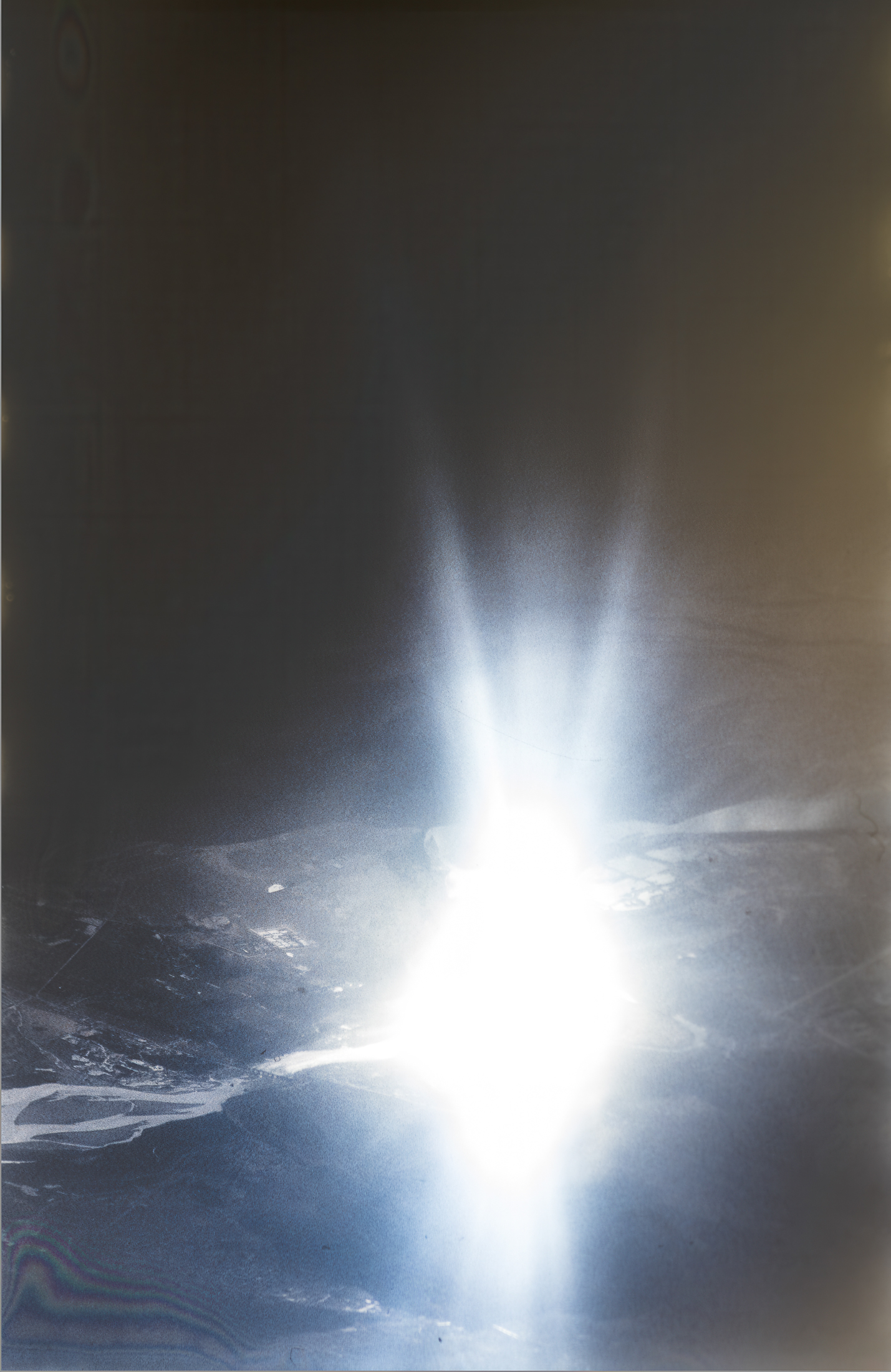
There is a hole in my head through which the light pours in.
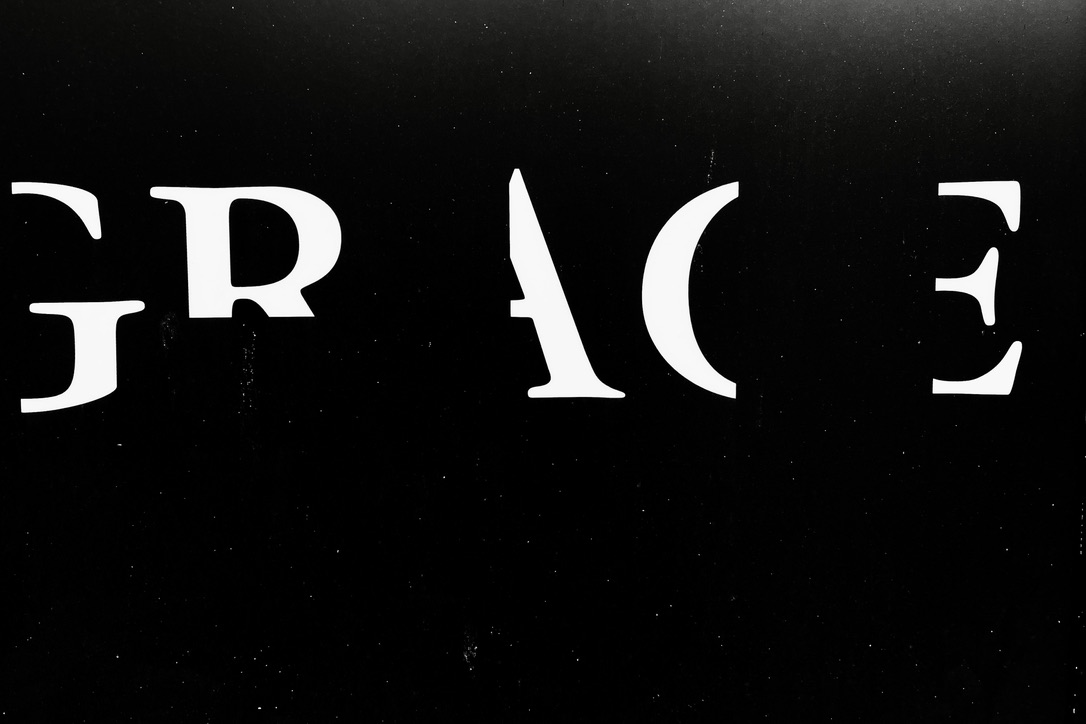
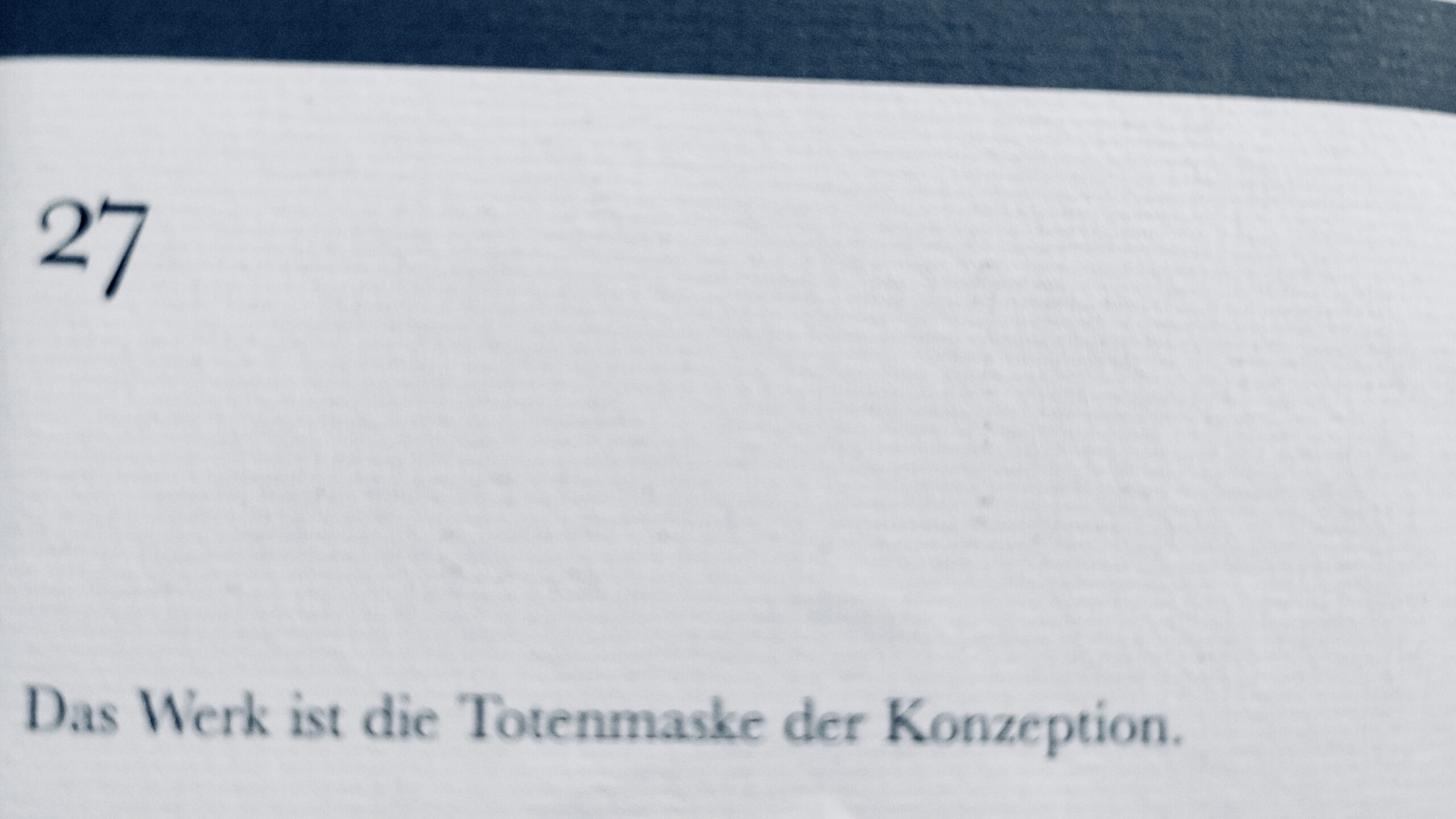
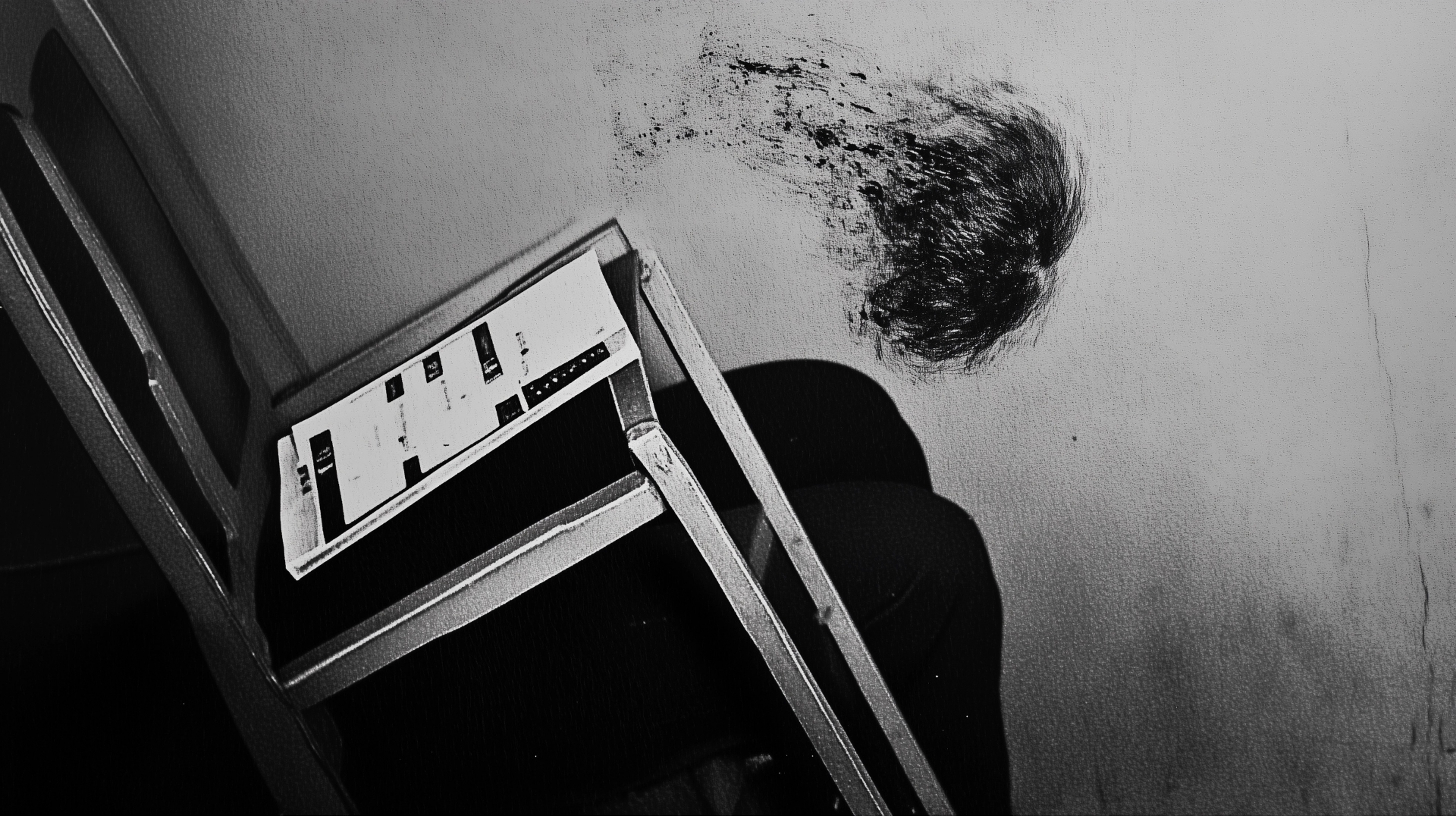
LA GRANDE MAISON INHABITABLE
Au milieu d’une île étonnante
Que ses membres traversent
Elle vit d’un monde ébloui.
La chair que l’on montre aux curieux
Attend là comme les récoltes
La chute sur les rives.
En attendant pour voir plus loin
Les yeux plus grands ouverts sous le vent de ses mains
Elle imagine que l’horizon a pour elle dénoué sa ceinture.
— Paul Eluard, La Capitale de la Douleur
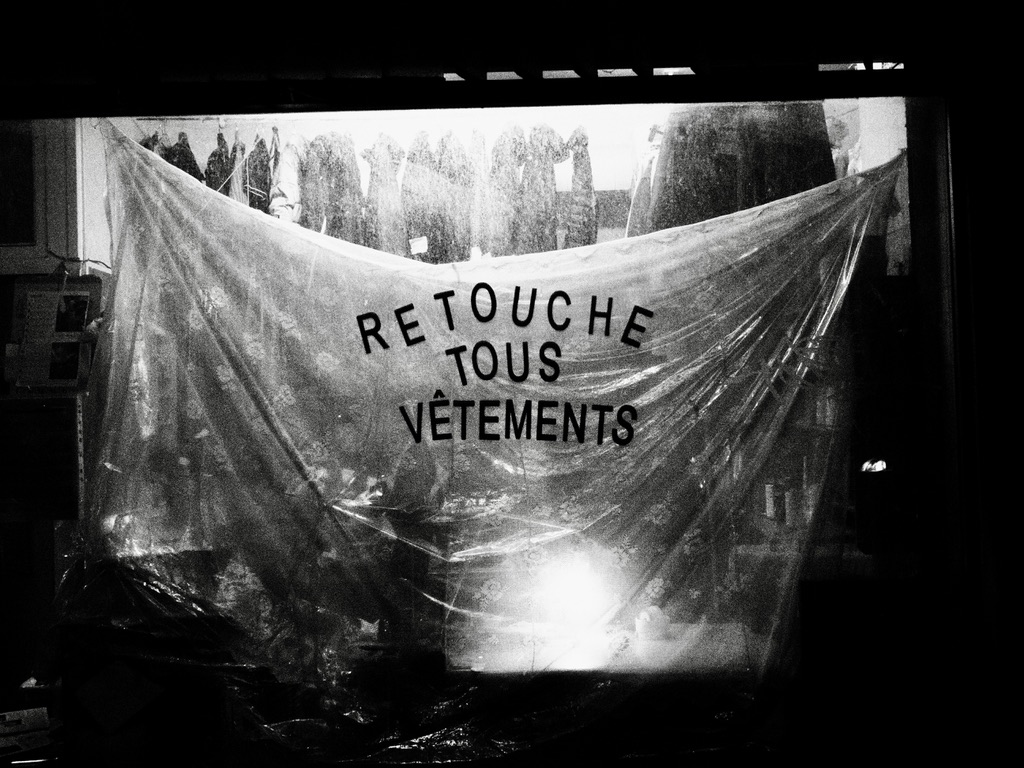
“is the equivalence between an unparalleled rate of change on all the levels of social life and an unparalleled standardization of everything – feelings along with consumer goods, language along with built space – that would seem incompatible with such mutability… What then dawns is the realization that no society has ever been as standardized as this one, and that the stream of human, social and historical temporality has never flowed quite so homogenously. … What we now begin to feel, therefore – and what begins to emerge as some deeper and more fundamental constitution of postmodernity itself, at least in its temporal dimension – is henceforth, where everything now submits to the perpetual change of fashion and media image, that nothing can change any longer.”
— Frederic Jameson, The Antinomies of Postmodernism
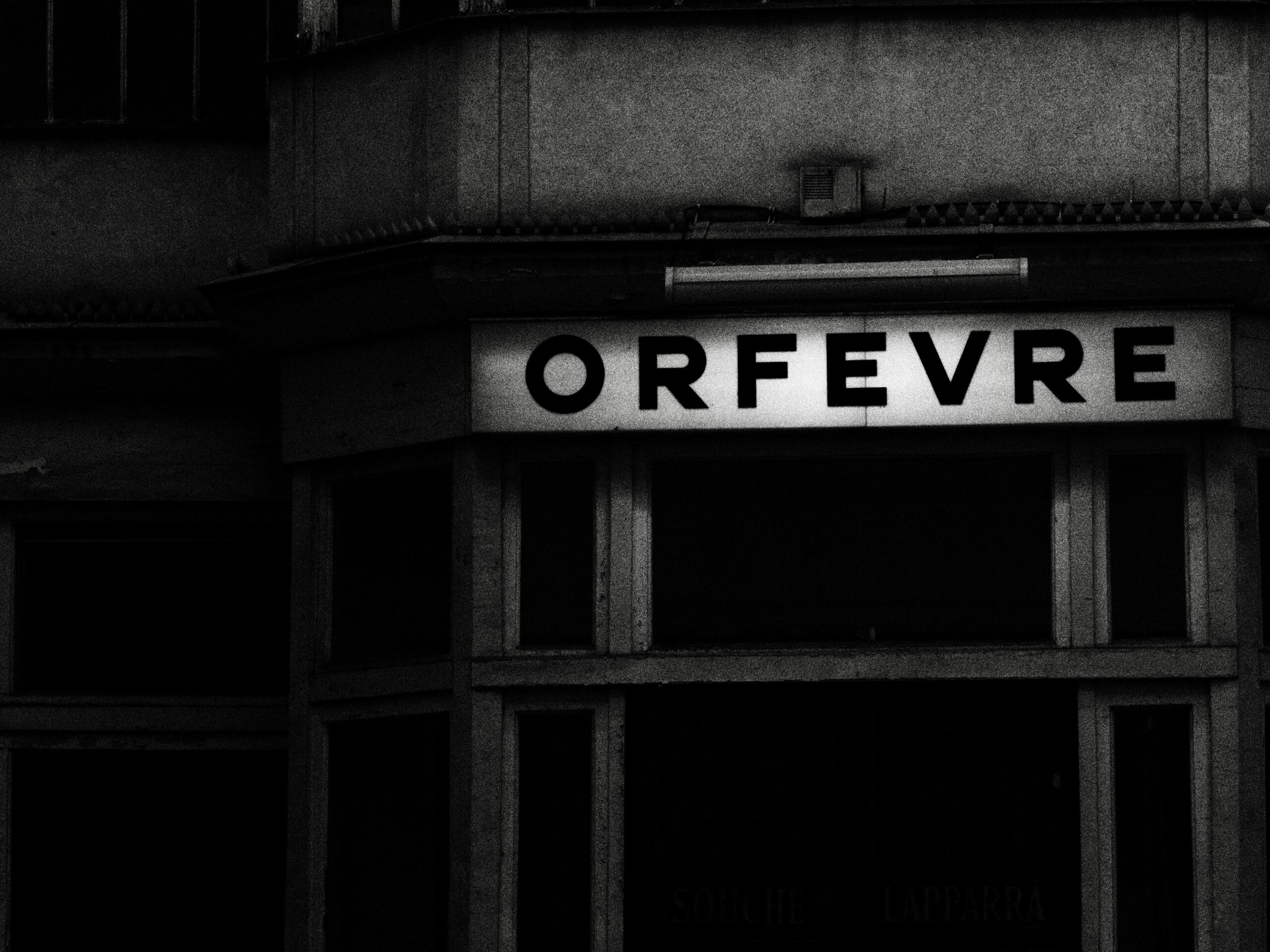
Musik ist Dämmerung.
— Richard Wagner
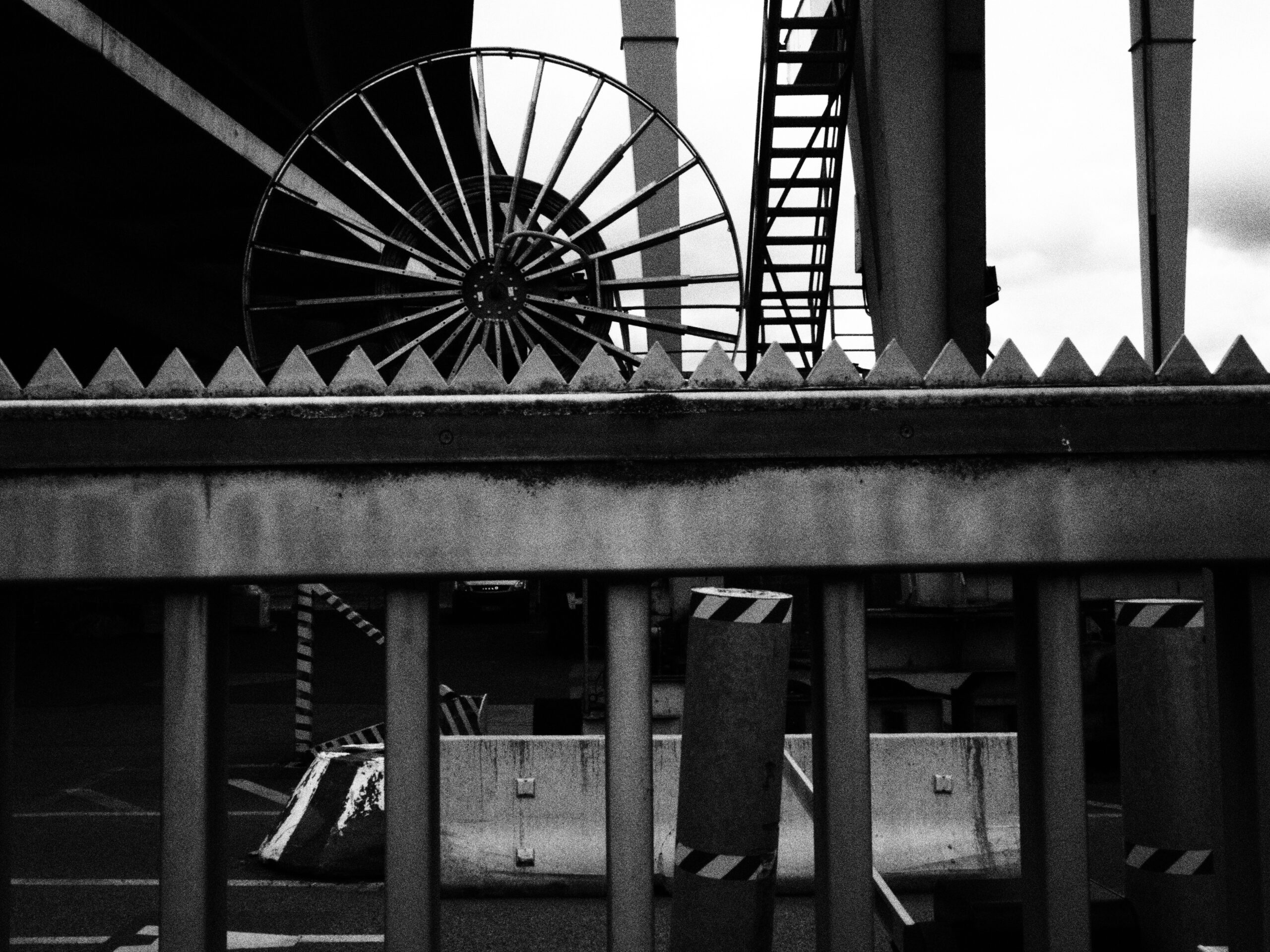
An enigma, like a riddle is proposed to the subject by another subject. But the solution of a riddle in theory is theoretically completely in the conscious possession of the one who poses it, and thus, it is entirely resolved by the answer. An enigma, on the contrary, can only be proposed by someone who does not master the answer, because his message is a compromise-formation in which his unconsciousness takes part.
— Jean Laplanche, Essays on Otherness